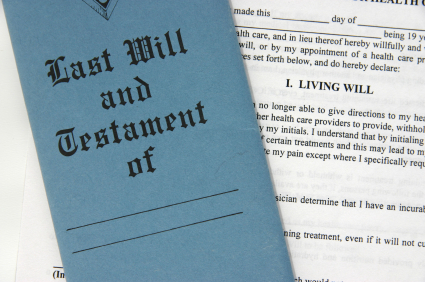Estate planning and tax laws are complex. Always consult with a professional in such matters. The following comments are related only to the need for business valuations and/or asset appraisals for estate purposes and gifting.
For assets that were inherited, the basis is stepped up or stepped down to the fair market value at the decedent’s date of death. Therefore, even if the estate is not large enough to trigger the requirement for filing an estate tax return, a business valuation or asset appraisal is required to determine the recipient’s basis.
In the case of gifting, for determining gain, the recipient’s basis for the asset received, is the same as it would have been in the hands of the donor. This is called the carryover basis. For determining loss related to an asset that has depreciated before it is sold by the recipient, the recipient’s basis is generally the fair market value of the asset at the time of the gift. The gift recipient’s carryover basis can be increased where the donor has paid a federal gift tax on the transfer.
As indicated above, estate planning and tax laws are complex. The above brief descriptions are not intended to provide legal or tax advice. Always consult professional in such matters.
An often overlooked aspect of income taxation relates to consequences of the sale of assets received either by inheritance or gift. The key factor in both situations is the recipient’s “basis” in the asset, which is the figure against which the selling price is measured to determine whether there was a gain or a loss.

